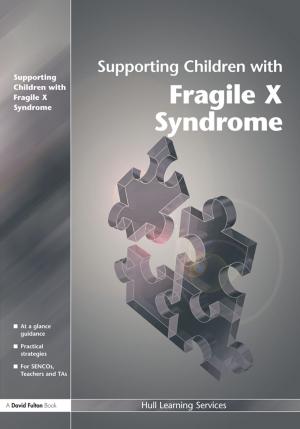Primitive Experiences of Loss
Working with the Paranoid-Schizoid Patient
Nonfiction, Health & Well Being, Psychology, Mental Health| Author: | Robert Waska | ISBN: | 9780429917530 |
| Publisher: | Taylor and Francis | Publication: | May 8, 2018 |
| Imprint: | Routledge | Language: | English |
| Author: | Robert Waska |
| ISBN: | 9780429917530 |
| Publisher: | Taylor and Francis |
| Publication: | May 8, 2018 |
| Imprint: | Routledge |
| Language: | English |
Taking as his starting point Melanie Klein's concept of the paranoid-schizoid position, and succinctly reviewing subsequent developments within the Kleinian perspective, the author formulates a distinctive and subtle argument concentrated on the topic of primitive loss. It is the author's conviction that the experience of loss has a primacy within the paranoid-schizoid position but that this has received insufficient and inadequate recognition, with significant implications for analytic technique. With this standpoint as his orienting focus, the author provides a finely-textured and penetrating discussion of such issues as projective identification, symbolization, transference and counter transference. A thoughtful and perceptive examination of theoretical issues is buttressed with substantial illustrative case material throughout. Calling for further work to be done in refining and clarifying the understanding of loss, and its intrapsychic, interpersonal and technical ramifications, the present volume represents a significant contribution and stimulus to that task
Taking as his starting point Melanie Klein's concept of the paranoid-schizoid position, and succinctly reviewing subsequent developments within the Kleinian perspective, the author formulates a distinctive and subtle argument concentrated on the topic of primitive loss. It is the author's conviction that the experience of loss has a primacy within the paranoid-schizoid position but that this has received insufficient and inadequate recognition, with significant implications for analytic technique. With this standpoint as his orienting focus, the author provides a finely-textured and penetrating discussion of such issues as projective identification, symbolization, transference and counter transference. A thoughtful and perceptive examination of theoretical issues is buttressed with substantial illustrative case material throughout. Calling for further work to be done in refining and clarifying the understanding of loss, and its intrapsychic, interpersonal and technical ramifications, the present volume represents a significant contribution and stimulus to that task















